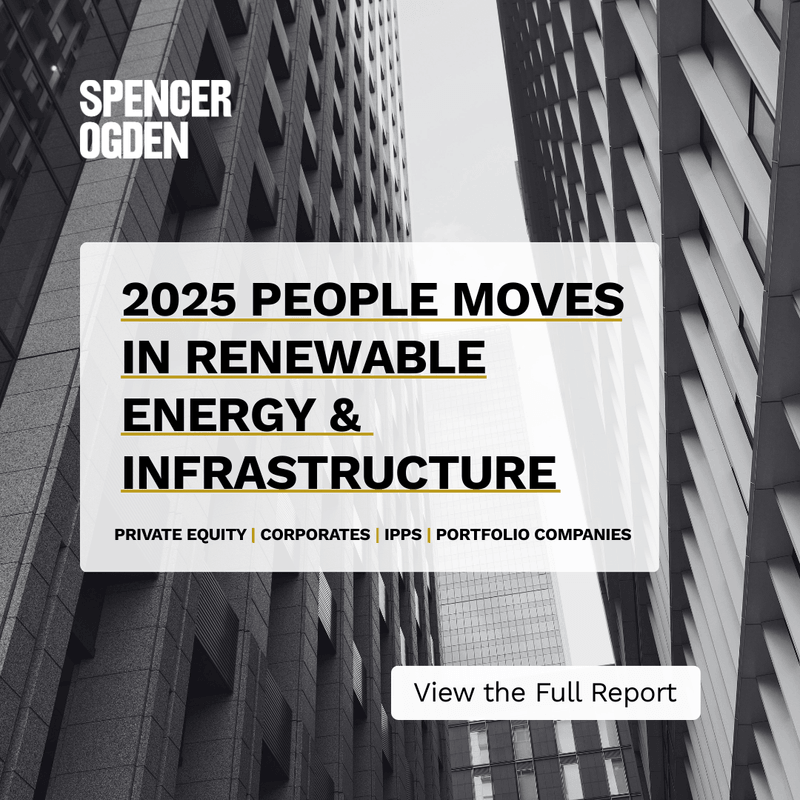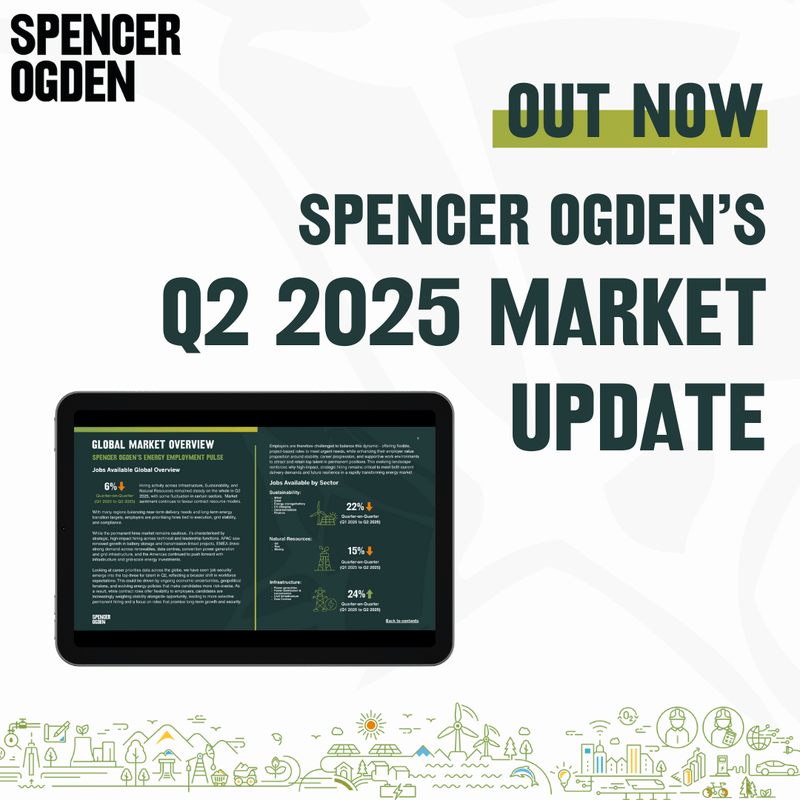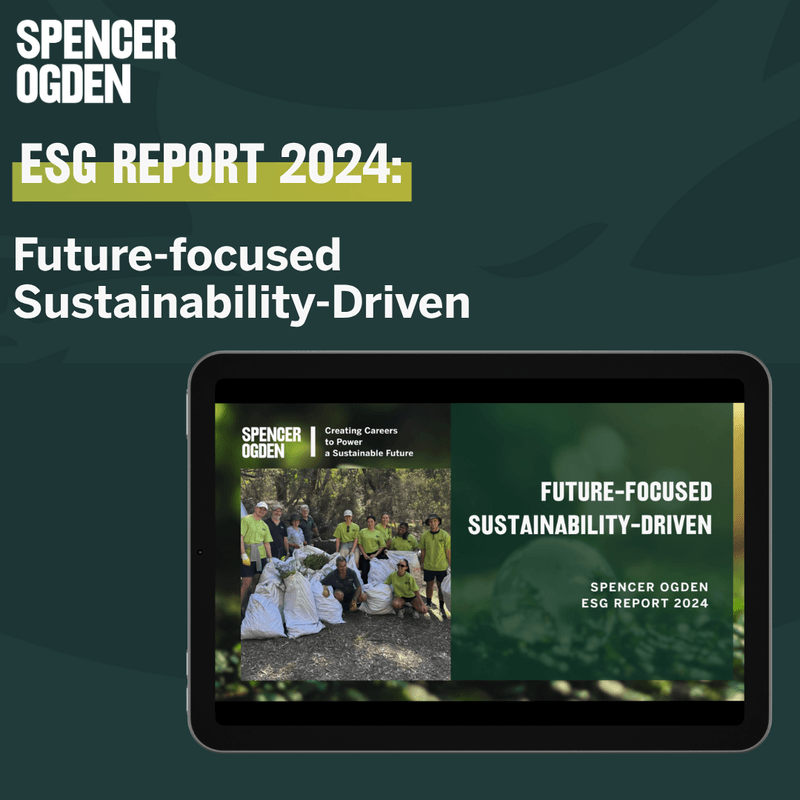Event Recap: EIC North Sea Decarbonisation Conference 2025
The EIC, in collaboration with international partners, hosted the Fifth Annual North Sea Decarbonisation Conference on 23-24 April 2025 in London. This two-day event brought together policymakers, industry leaders, and innovators to explore the critical steps needed to accelerate the North Sea’s transition to a low-carbon future.
With participation spanning the UK, Norway, the Netherlands, Belgium, Germany, and Denmark, discussions tackled key themes such as expanding offshore wind, advancing hydrogen and CCUS technologies, electrifying offshore oil and gas, and future-proofing regional supply chains.
Senior Marketing Manager, Emily Abbott attended day two of the conference and recaps the sessions and some of the key themes:
Opening Address – Michael Shanks MP
Michael Shanks MP opened the conference by reinforcing the long-term role of oil and gas in the UK’s energy mix but stressed the urgent need to seize the North Sea’s opportunity to deliver clean power. He noted the fast pace of change and the importance of positioning the UK as a stable investment destination. Thousands of clean energy jobs are expected, but UK supply chains must scale to meet demand. A successful transition will rely on shifting workers from declining oil and gas roles into new opportunities in renewables and low-carbon technologies.
Electrifying the North Sea
Chair: Chris Shirley, EIC
Panel: ABB (Iain Cumming), Greenvault (Matthew Green), Turner & Townsend (Faye Banks)
This session focused on the role of electrification in decarbonising offshore assets. Key insights included:
- Innovation in infrastructure, such as ABB’s subsea transformers and the evolution of OEM business models.
- Policy and investment gaps remain a barrier. Panellists stressed the need for government support to enable electrification projects to move forward.
- Long lead times and supply chain delays continue to challenge progress.
- A skills transition is vital as emerging sectors like data centres and clean tech place new demands on talent.
Hydrogen: Unlocking the North Sea’s Potential
Speakers: Chris Manson-Whitton (Progressive Energy), Hannah Lawson (Worley), James Collins (ITM Power)
Hydrogen was highlighted as a game-changing opportunity, but one currently constrained by project delays and funding uncertainty. Despite the UK’s ambitious target of 10GW by 2030 (half from green hydrogen), panellists expressed doubt this will be met without acceleration.
Key points:
- ITM Power is deploying UK-made electrolyser technology in projects across Europe.
- There’s a need for standardisation, clearer safety frameworks, and faster project timelines – or skilled workers may shift abroad.
- Hydrogen also ties closely to carbon capture, especially for industrial emitters seeking solutions for their CO₂.
Offshore Wind and Supply Chain Growth
Chair: Erika Askeland, Energy Voice
Speakers: Duncan Ayling & Marco Meloni (The Crown Estate), Helen K Thomas (RWE)
While there is huge potential for offshore wind, concerns remain about slow project pipelines and the impact of political uncertainty.
The Crown Estate outlined its long-term plans for seabed use to 2050, including the launch of a £50m Supply Chain Accelerator Fund to boost UK capability.
RWE focused on practical supply chain development, including:
- A new procurement portal and engagement platform.
- The “clean industry bonus”- an incentive to back British supply chains.
- Innovations like electric vessels and offshore charging to reduce operational emissions.
Floating Offshore Wind (FLOW): Tapping Deeper Waters
Chair: Peter-Jan Provoost, Energy Tech Belgium
Panel: Cerulean Winds (Dan Jackson), Siemens Energy (George Mabey)
Floating wind was positioned as a transformative force for the North Sea - especially for deeper waters.
Highlights included:
- Cerulean Winds outlined their upstream-style approach to FLOW, seeing a competitive race between UK and European supply chains.
- Siemens Energy highlighted advances in wet-mate connectors, which can reduce both CAPEX and OPEX.
- There’s a strong emphasis on skills transfer from oil and gas and leveraging existing infrastructure for offshore green energy.
Key Takeaways
Across the sessions, several common themes emerged:
- Skills transition is urgent and essential, especially from oil and gas to renewables.
- Policy clarity and investment confidence are needed to unlock large-scale decarbonisation projects.
- The supply chain must be strengthened and scaled up to meet future demand.
- While optimism remains high, there is widespread concern about the pace of progress toward 2030 and 2050 targets.
This year’s North Sea Decarbonisation Conference made it clear: the ambition is there - but collaboration, investment, and long-term thinking will be critical to delivering a sustainable, secure energy future for the region.








